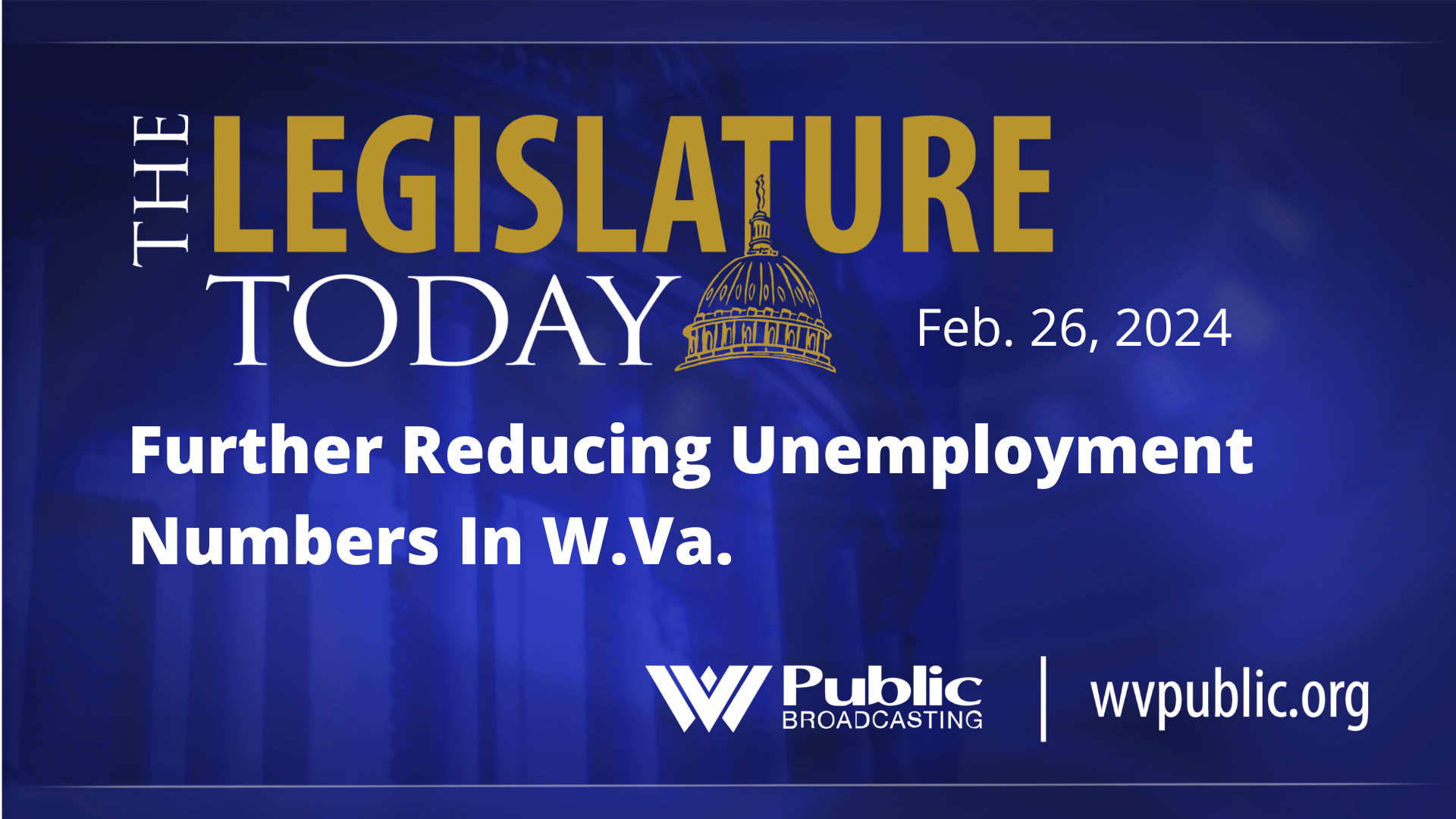In a recent study, WVU researchers looked at burnout among community faith leaders. Appalachia Health News Reporter, Emily Rice, sat down with Angel Smothers, associate dean for community engagement, and clinical associate professor at the WVU School of Nursing, to discuss the study’s findings.
In a recent study, WVU researchers looked at burnout among community faith leaders. Appalachia Health News Reporter, Emily Rice, sat down with Angel Smothers, associate dean for community engagement, and clinical associate professor at the WVU School of Nursing, to discuss the study’s findings.
This interview has been lightly edited for clarity.
Rice: Is this research based on a pandemic era study or something more recent?
Smothers: During the stay-at-home order of 2020, we wanted to really take the opportunity to look at how faith leaders were approaching working with their congregants and the people within their faith communities. And so we completed this study, knowing that this was the only time we’ll ever be able to do a study like this.
Rice: Have conditions improved or declined since then?
Smothers: So, you know, we recognize from the study that we need further research to look at now that things have settled down, where are we?
Rice: I was wondering how the study got started?
Smothers: We really were seeking to find out what were faith leaders, what techniques were they using to still engage with their community members? Because there were pastors here in West Virginia, we’re the third most rural state in the nation. And you know, we have a lot of very rural areas where there’s limited internet. And so, we wanted to find out what were some differences between pastors, let’s say in the southern coal fields of West Virginia, where there’s limited internet versus the more urban settings such as in Mon County, Morgantown area.
Rice: Why is this study important to you? Why is it important to pay attention to people experiencing burnout?
Smothers: What we wanted to look at was those faith community nurses, and you know, pastoral leadership, whether it’s pastors or priests or clergy in faith communities, what they were doing to continue to engage with the communities that they serve. The burnout piece of that is, especially during a crisis moment, we wanted to see, how did they overcome those barriers in accessing and supporting their community members?
Rice: What is compassion fatigue, in your own words?
Smothers: Compassion fatigue is when someone is in the role of caregiver. And whether that be a pastor, a nurse, someone, a lay person, that is just a supportive person for someone else. When you’re in the caregiver role. It’s… it’s really easy to get burned out. And so caregiver compassion or compassion fatigue, really relates to someone having burnout who is in a caregiver role.
Rice: And why is it important for people in that caregiver role to feel compassion satisfaction? And what does compassion satisfaction mean to you?
Smothers: Compassion satisfaction really is for someone who is in that caregiver role to feel that the work and the sacrifices that they’re making to provide care are meaningful.
Emily Rice: What are some of the self-care strategies you recommend for those experiencing burnouts?
Smothers: We recommend that people self-examine their own limitations, and don’t exceed those and remember their own spiritual, physical, mental and emotional needs and seek out ways to address those within themselves even while still acting as a caregiver.
Appalachia Health News is a project of West Virginia Public Broadcasting with support from Charleston Area Medical Center and Marshall Health.
